
Live Better,
Love Life
With over a decade of experience in residential real estate, Alex Mahallati is a dedicated Realtor, builder, and investor with a comprehensive understanding of the Greater Toronto Area market. His career has always been rooted in hard work, a value instilled in him by his parents, who owned and operated several successful Subway franchises along Dundas Street in Oakville. A proud Oakville resident since 1997, Alex has developed a strong connection to the community, both personally and professionally.
Alex has now moved back to Oakville with his wife and partner, Noelle, and their baby boy to be closer to family and further deepen his ties to the area. With a background in construction engineering, Alex offers a unique skill set that allows him to guide clients through all aspects of the real estate process. Whether they are buying, selling, leasing, building, or investing, Alex’s diverse expertise ensures his clients receive comprehensive and tailored solutions.
Known for his integrity and dedication, Alex has helped countless clients navigate the complexities of the real estate market, always keeping their best interests at heart. His passion for real estate, combined with his technical knowledge, makes him a trusted partner for any real estate needs.
What's Your Home Really Worth?
FIND OUT FAST AND FREE
Enter your address below
THE AM BLOGS

Winter Real Estate Market Defies Expectations with Strong Gains
Normally when the days get colder, the housing market goes into hibernation, but apparently not this year. Spring was in the air yesterday when the Canadian Real Estate Association (CREA) posted a second consecutive month of strong home sale gains, leading some economists to boost their forecasts for the year ahead. “Normally we might expect this market rebound to take a pause before resuming in the spring; however, the Bank of Canada’s latest 50-basis point cut together with a loosening of mortgage rules could mean a more active winter market than normal,” said CREA’s senior economist Shaun Cathcart in a news release. The data backs up this prediction. Home sales in November surged 26% compared to the same time last year, following an impressive 30% gain in October. On a monthly basis, sales rose 2.8% in November and 7.7% in October, marking a robust return to pre-pandemic levels last seen in late 2019. Supply Tightens as Buyers Return to the Market While sales are heating up, new listings have fallen over the past two months, tightening market supply. This trend has pushed the sales-to-new-listings ratio into the upper reaches of balanced market territory. “In fact, no outright buyers’ markets remain among the 23 major cities we track,” noted Robert Kavcic, senior economist at BMO Capital Markets. Prices Are Climbing The renewed activity has also triggered an upward trajectory for home prices. The national average home price climbed 7.4% year-over-year in November to reach $694,411. Similarly, the MLS Home Price Index (HPI) rose 0.6% month-over-month, marking the strongest gain since July 2023. Benchmark prices in Toronto and Vancouver – two of the country’s largest markets – saw their fastest monthly increases in more than a year, according to Robert Hogue, economist at Royal Bank of Canada. Easing Borrowing Costs and New Policies Economists are optimistic that this momentum will continue as borrowing costs ease and new government policies clear the way for more homebuyers to enter the market. Notably, the new rules, which came into effect this past Sunday, allow first-time buyers to take out 30-year amortizations and raise the insured mortgage cap to $1.5 million. “Given the snapback in the sales-to-new-listings ratio and the rebounds in prices in Toronto and Vancouver, where prospects had looked most worrisome, it no longer makes sense to forecast a brief period of house price declines ahead of the spring buying season,” said Stephen Brown, deputy chief North American economist at Capital Economics. Capital Economics has now revised its outlook, predicting average monthly price gains of 0.4% between now and June. Overall, home prices are expected to rise 4% this year and next. Location Still Matters As always in real estate, it’s location, location, location. National home sales hit their highest level for November since 2021, with a 26% year-over-year increase. However, regional variations persist. Seven out of ten provinces experienced month-over-month sales gains, while three saw declines. Leading the charge was Quebec, where sales jumped 5.2%, followed closely by British Columbia with a 4.9% increase and Alberta at 2.9%, according to the National Bank of Canada. A Surprising Winter Surge The numbers tell a clear story: Canada’s housing market is defying seasonal trends. With rising sales, tight supply, and climbing prices, what is traditionally a quieter winter period is shaping up to be far more active. The combination of lower borrowing costs and favorable policy changes has created a perfect storm for demand. As we move into 2024, all signs point to a continued recovery for the housing market. Whether you’re buying, selling, or investing, this winter may be the season to watch.

Canada’s Housing Affordability Crisis: Why a Return to Pre-COVID Levels is Key
Canada’s housing affordability crisis has reached a critical juncture, with homebuyers and renters alike feeling the strain. In response, the Canada Mortgage and Housing Corporation (CMHC) is urging policymakers to use pre-COVID affordability levels as a practical benchmark for addressing this escalating issue. The Steep Decline in Affordability According to CMHC Chief Economist Mathieu Laberge, affordability has plummeted dramatically in recent years, with the COVID-19 pandemic acting as a major accelerant. Between 2019 and 2023, housing and rental costs surged, far outpacing income growth. “Although many affordability indicators deteriorated between 2004 and 2023, the deterioration was most substantial during the COVID period,” Laberge noted. Major urban centers like Toronto and Vancouver have borne the brunt of this decline. In Toronto, the minimum down payment for a median-priced home as a percentage of median income skyrocketed from 239% in 2019 to a staggering 417% in 2023. Similarly, Vancouver saw this figure rise from 233% to 441%. “Toronto and Vancouver stand out in terms of homebuying affordability challenges, which seem to be structural,” said Laberge. The average home price in November 2024 illustrates the affordability gap: $1,106,050 in the Greater Toronto Area and $1,172,100 in Metro Vancouver. Renters Under Pressure The affordability crisis extends beyond homeownership. Renters are also grappling with rising costs as inflation erodes their purchasing power. Many Canadians who might otherwise transition to homeownership are remaining in the rental market, exacerbating demand and driving up prices. “This is still a cause for concern in the rental market,” said Laberge. “More expensive homebuying means more Canadians are remaining renters for longer, putting additional pressure on the rental market.” Pathways to Affordability The federal government has begun taking steps to alleviate the housing crisis. One significant move came in October with a reduction in immigration targets, aimed at easing pressure on the housing supply. The government projects this measure could reduce the housing supply gap by about 670,000 units by 2027. However, skepticism remains. The Office of the Parliamentary Budget Officer (PBO) has warned that despite these measures, the housing gap could still reach 658,000 units by 2030. Laberge advocates for a clear and achievable goal: restoring pre-pandemic housing affordability. “The first step in resolving a crisis is being transparent about what is possible and when,” he said. “Focusing on fixing the more recent and less entrenched situation and directing efforts to getting back to pre-COVID housing affordability across the country may not fix every challenge, but it would bring relief to many Canadian families.” A Tangible Starting Point Using pre-pandemic affordability levels as a benchmark provides a tangible starting point for policymakers. While it may not solve all structural challenges, such a focus could offer meaningful relief for Canadian families struggling to find stable and affordable housing. The path forward will require collaboration across all levels of government and private sector stakeholders to address the affordability crisis comprehensively. Whether through increased housing supply, sustainable immigration policies, or targeted affordability programs, a concerted effort is needed to restore balance to Canada’s housing market. For many Canadians, a return to pre-COVID affordability levels represents not just a benchmark but a glimmer of hope in an increasingly unaffordable landscape.

Greater Toronto Home Sales Surge in November Amid Rate Cuts and Market Optimism
The Greater Toronto Area (GTA) housing market saw a notable surge in activity this November, with sales jumping by an impressive 40.1% year-over-year. The Toronto Regional Real Estate Board (TRREB) reported 5,875 home sales last month, up from 4,194 in November 2023, marking a strong rebound for a market that faced significant challenges earlier in the year. This uptick is largely attributed to the Bank of Canada’s recent interest rate cuts, including a pivotal half-percentage-point reduction in October. These moves have provided much-needed relief to buyers and homeowners alike, prompting renewed confidence in the market. Breaking Down the Numbers The average selling price in the GTA increased 2.6% from last year to $1,106,050, reflecting improved buyer activity. However, the composite benchmark price, which represents a typical home, dipped slightly by 1.2% year-over-year, a much smaller decline than in recent months. Sales across property types rose significantly: Townhouses: Up 46% Detached homes: Up 43.9% Condos: Up 36.3% Semi-detached homes: Up 24.9% In Toronto itself, sales surged 40.5% to 2,236, while the rest of the GTA saw a 39.8% increase to 3,639 transactions. Interest Rate Cuts: A Market Catalyst The October rate cut, which brought the Bank of Canada’s key interest rate to 3.75%, was the spark the market had been waiting for. Many potential buyers had been sidelined by earlier rate hikes but are now returning as borrowing costs decline. Vy Ngo, a sales representative with Big City Realty, emphasized the significance of October’s rate cut: “All the buyers have been sitting on the sideline waiting for rates to drop. The October cut was the turning point.” The market’s momentum could further accelerate if another rate cut occurs in December, as anticipated. Shifts in Market Dynamics Detached homes, particularly in Toronto, have seen average price growth above the rate of inflation. Meanwhile, condo buyers continue to benefit from ample inventory and greater negotiating power, making condominiums an appealing option for renters transitioning to homeownership. TRREB Chief Market Analyst Jason Mercer noted: “As borrowing costs trend lower, the increased affordability will draw more renter households into homeownership.” Challenges on the Horizon Despite the optimistic outlook, the GTA housing market isn’t without challenges. Persistent affordability issues, a weaker labour market, and rising fixed mortgage rates tied to higher bond yields could temper the recovery. Economist Daren King of National Bank highlighted that while short-term rate cuts may bolster the market, transactions remain 21% below pre-pandemic levels. The potential for layoffs and upcoming mortgage renewals also loom as factors that could impact buyer confidence. Looking Ahead TRREB President Jennifer Pearce remains optimistic, predicting an accelerating market recovery in 2025: “With selling prices remaining well off their historic peak and monthly mortgage payments trending lower, the stage is set for a rebound.” As the calendar turns to 2025, the market will continue to balance renewed buyer interest with the broader economic landscape. The next Bank of Canada announcement on December 11 will undoubtedly play a key role in shaping the housing market's trajectory for the new year. For now, November’s performance is a promising indicator that the GTA market is regaining its footing after a challenging period, setting the stage for a dynamic year ahead.
- Any
- $ 100,000
- $ 150,000
- $ 200,000
- $ 400,000
- $ 800,000
- Any
- $ 200,000
- $ 300,000
- $ 400,000
- $ 600,000
- $ 1,000,000
- Any
- 1
- 2
- 3
- 4
- 5
- Any
- 1
- 2
- 3
- 4
- 5
- Any
- 1
- 2
- 3
- 4
- 5
- Any
- 1
- 2
- 3
- 4
- 5
7,167 Featured Properties Available
- Default
- Price-High To Low
- Price-Low To High
- Newest Listings
- Beds (Most)
- Baths (Most)
- Year Built (Newest)
- Square Feet (Biggest)
- 1/10 10
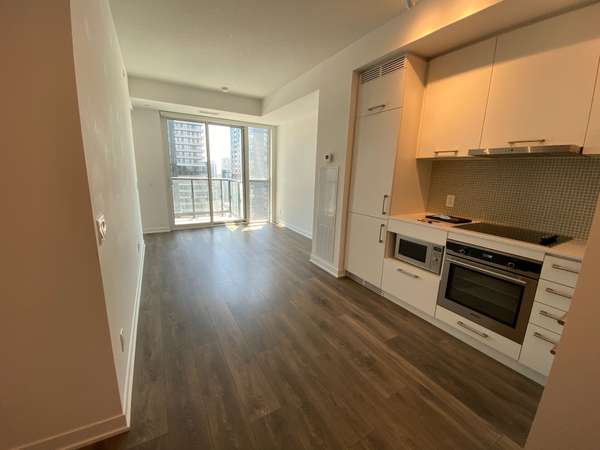 1 Bed 1 Bath$2,200New
1 Bed 1 Bath$2,200New - 1/12 12
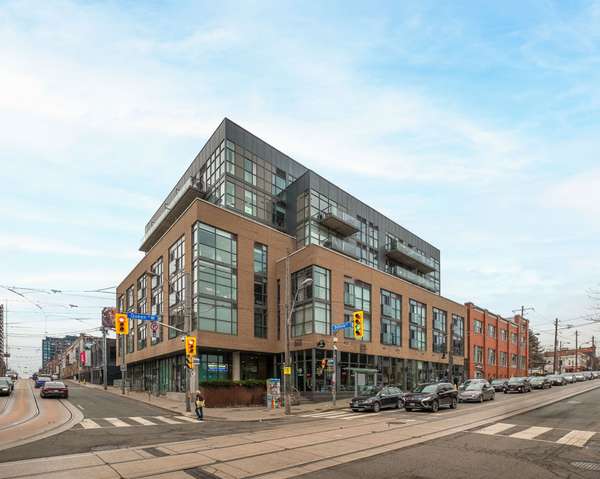 1 Bed 1 Bath$2,200New
1 Bed 1 Bath$2,200New - 1/8 8
 3 Beds 3 Baths$4,250New
3 Beds 3 Baths$4,250New - 1/23 23
 2 Beds 2 Baths$2,950New
2 Beds 2 Baths$2,950New - 1/34 34
 1 Bed 1 Bath$2,450New
1 Bed 1 Bath$2,450New - 1/17 17
 3 Beds 2 Baths$1,065,000New
3 Beds 2 Baths$1,065,000New - 1/7 7
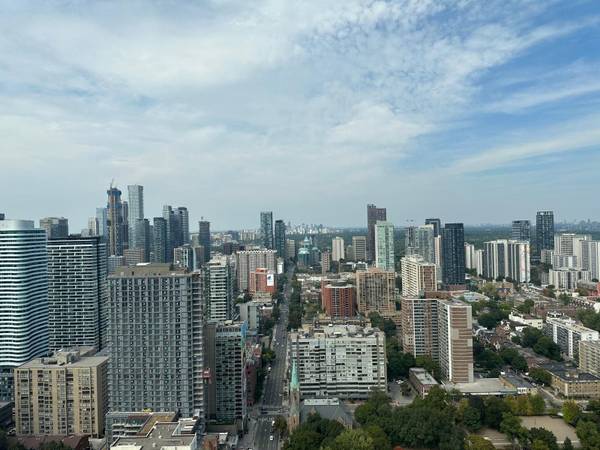 2 Beds 2 Baths$2,500New
2 Beds 2 Baths$2,500New  2 Beds 2 Baths$3,200New
2 Beds 2 Baths$3,200New- 1/20 20
 4 Beds 4 Baths$3,750New
4 Beds 4 Baths$3,750New - 1/9 9
 1 Bed 1 Bath$2,600New
1 Bed 1 Bath$2,600New - 1/18 18
 2 Beds 2 Baths$3,400New
2 Beds 2 Baths$3,400New - 1/18 18
 1 Bed 1 Bath$2,200New
1 Bed 1 Bath$2,200New - 1/25 25
 3 Beds 3 Baths$3,500New
3 Beds 3 Baths$3,500New - 1/4 4
 2 Beds 2 Baths$669,000New
2 Beds 2 Baths$669,000New - 1/10 10
 2 Beds 2 Baths$3,100New
2 Beds 2 Baths$3,100New - 1/23 23
 1 Bed 1 Bath$2,650New
1 Bed 1 Bath$2,650New - 1/40 40
 2 Beds 2 Baths$3,200New
2 Beds 2 Baths$3,200New - 1/10 10
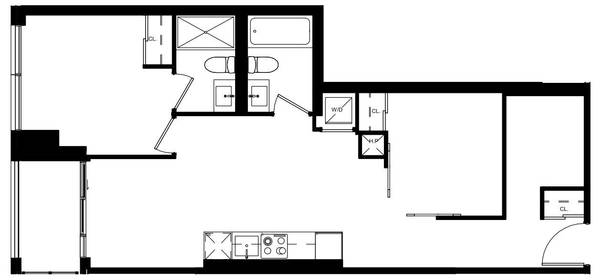
Free Account Required
Register or Sign In to View
*** Beds *** BathsRegister For Price
Address Not Disclosed
Condo
- 1/37 37
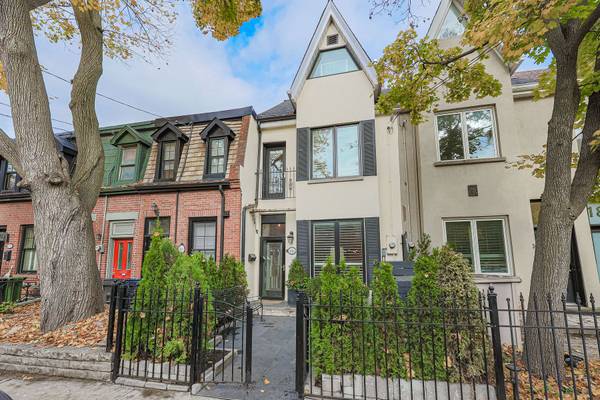 2 Beds 3 Baths$7,750New
2 Beds 3 Baths$7,750New - 1/33 33
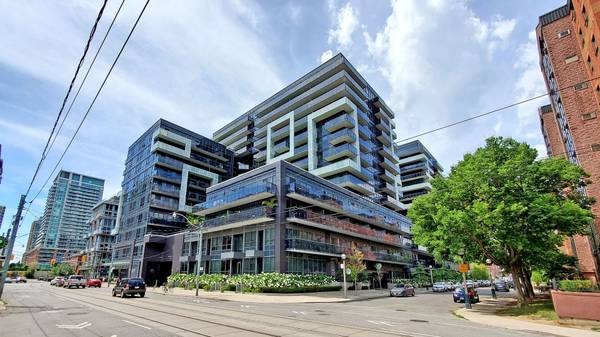 1 Bed 1 Bath$2,375New
1 Bed 1 Bath$2,375New - 1/24 24
 2 Beds 2 Baths$635,000New
2 Beds 2 Baths$635,000New - 1/31 31
 1 Bed 1 Bath$2,850New
1 Bed 1 Bath$2,850New - 1/40 40
 2 Beds 2 Baths$594,900New
2 Beds 2 Baths$594,900New - 1/23 23
 4 Beds 4 Baths$3,800New
4 Beds 4 Baths$3,800New
GOOGLE REVIEWS
j
Tuc C
Ghada Ayoub

